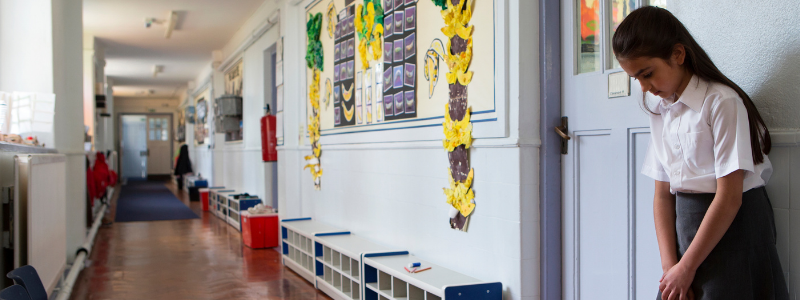
LIFELONG THERAPEUTIC LEARNING:
-
Learn more

Drawing and Talking allows individuals to discover and communicate emotions through a non-directed technique, setting it apart from existing solution-focused and cognitive-based therapies and interventions
Learn more
Creators of a global proactive intervention intended to complement rather than replace the work of Specialist Mental Health Services
Working with vulnerable
-
Full courses
Drawing and Talking has proved invaluable with secondary aged students who find it difficult to talk about their emotions.

Our team's commitment to high quality services provides you with peace of mind.
Individuals
Creators of global proactive intervention intended to complement rather than replace the work of Specialist Mental Health Services.
Organisations
In-house training days are the most cost effective way to train groups of 20 or more staff in the Drawing and Talking therapeutic technique. We offer both Zoom and in-person options.
-
Short courses
Drawing and Talking has proved invaluable with secondary aged students who find it difficult to talk about their emotions.

Drawing and Talking allows individuals to discover and communicate emotions through a non-directed technique, setting it apart from existing solution-focused and cognitive-based therapies and interventions
Short Courses
Our short courses provide 2.5 hours of CPD and can be completed by anyone - not just graduates.
-
Practitioners
In our 20-year history, we have built a community of 20,000 Drawing and Talking Practitioners.
Our Drawing and Talking Practitioners are committed to high-quality therapeutic support. Our Accredited Practitioners maintain an active Drawing and Talking Membership, which includes regular CPD and supervision and coaching. This ensures safe, reflective and effective practice.
- Contact us
- Book now
The importance of safe and secure attachments

“We are only as needy as our unmet needs.”
This famous quote from John Bowlby says so much.
When we are born, we are completely helpless and totally reliant on our parents or caregivers. We have no control over our environment or the circumstances we are brought into.
The importance of having safe and secure attachments in our early lives can never be underestimated. Not having basic emotional needs met as infants, certainly impacts the quality-of-life experience and social interactions in the future. As children and young people grow older, life can often occur as scary, threatening and difficult to navigate. Relationships with others are often strained.
Fundamental human need: to belong, be loved and feel connected.
Attachment theory is one of the core principles of our therapeutic technique and at the heart of everything we do.
What are some indicators of a child’s emotional needs not being met?
We often think of bursts of anger, bullying or hurting others. Along with, lack of eye contact, failure to smile and inability to show affection for caregivers or friends. Some children, perhaps at the other end of the scale, can lack boundaries and become overly affectionate and friendly thus becoming extremely stressed and anxious when the person they rely on for safety is not available.
All of these behaviours are communications expressing internal trauma and emotional pain. Good and healthy attachment is about ‘feeling’ safe and secure.
As professionals, we can make a difference.
Providing interventions that make space and time for exploring and connecting from a secure base can often positively alter the nervous systems automatic response associated with poor attachment. Allowing someone to reestablish what it ‘feels’ like to have safe and positive relationships, but also be able to survive the loss of them, we give way to a foundation of resilience and transition into thriving secure adults.
Latest news
February 3, 2022
February 3, 2022



